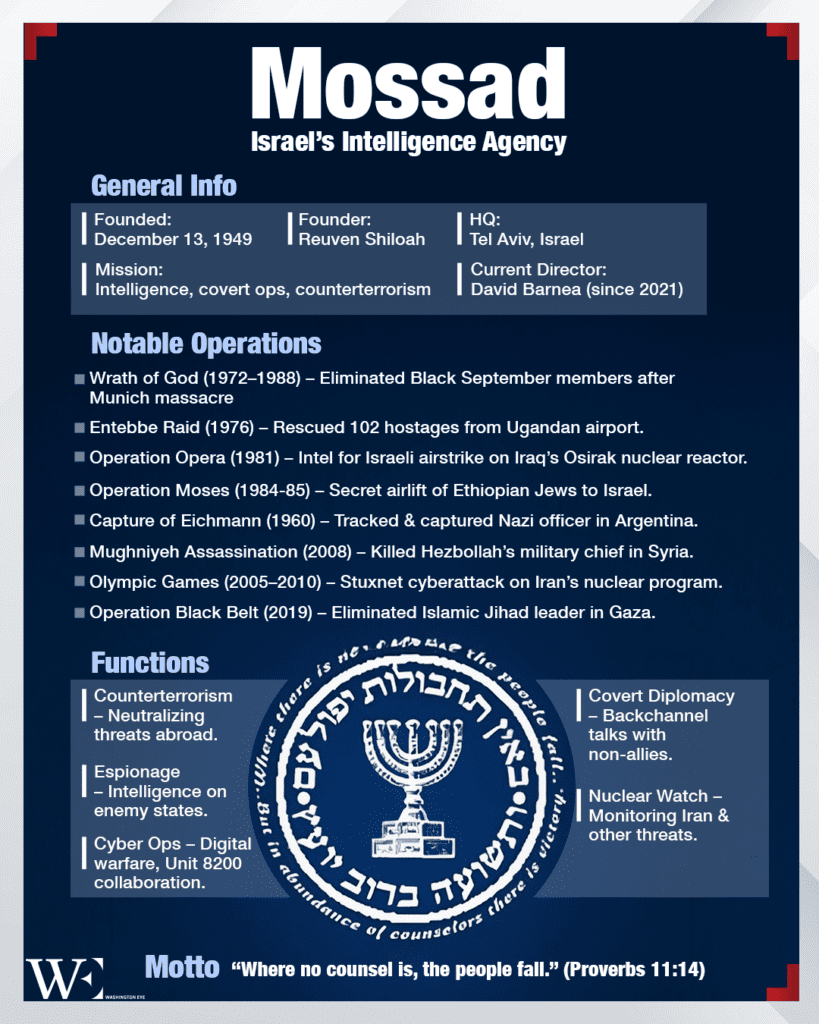Only known as “HWMW”, an Australian Defence Force (ADF) officer has been stripped of his top-level security clearance after the Australian Security Intelligence Organisation (ASIO) deemed his loyalty to Israel a potential security threat. According to ASIO’s assessment, the officer’s close ties to Israeli defense organizations, combined with his stated willingness to share classified information with Israel if asked, undermined his ability to safeguard Australia’s national secrets.
The decision has sparked intense debate, not only within Australia’s defense and intelligence communities but also among multicultural advocacy groups, who question how cultural ties intersect with national loyalty.
A Distinguished Career Marred by Controversy
HWMW’s military journey began in 2004, marking nearly two decades of service in the ADF. Throughout his tenure, he ascended to roles that necessitated access to highly classified information. In 2008, he was granted a Negative Vetting 1 security clearance, permitting access to ‘Secret’ level materials. This clearance was elevated to Negative Vetting 2 in 2010, authorizing him to handle ‘Top Secret’ information.
Beyond his official duties, from 2014 to 2023, HWMW volunteered with a Sydney-based Community Security Group (CSG), an organization dedicated to safeguarding the Jewish community. His commitment extended internationally, with trips to Israel in 2016 and 2019 for specialized training in tactical planning, self-defense, and firearms. These programs were facilitated by Ami-Ad, an organization promoting Jewish volunteerism and funded by the Israeli government. Notably, the training was conducted by former members of the Israel Security Agency. However, during security assessments, HWMW failed to disclose his participation in these courses, a significant oversight in the eyes of ASIO.
ASIO’s Findings and Concerns
The focal point of ASIO’s argument centered on HWMW’s perceived allegiance. During interviews, he reportedly stated that he did not consider Israel a foreign entity and admitted he would share classified information with the Israel Defense Forces (IDF) if solicited. Such admissions, combined with his nondisclosure of the Israeli training, led ASIO to conclude that he was susceptible to influence or coercion by Israeli intelligence services, including Mossad. The agency’s assessment underscored that his unwavering loyalty to Israel, coupled with lapses in judgment and security practices, rendered him unfit to hold any level of security clearance.
The Tribunal’s Deliberation
Challenging ASIO’s adverse security assessment, HWMW appealed to the Administrative Appeals Tribunal. In his defense, he articulated that his profound connection to Israel was an intrinsic aspect of his Jewish identity. He emphasized that his service in the ADF was a testament to his dedication to Australia, aiming to exemplify the significance of serving in the Australian military over the IDF. He contended that denying Jews the opportunity to serve in the ADF, acknowledging their inherent affinity to Israel, could be perceived as discriminatory. However, the tribunal, while acknowledging the intricate balance between personal identity and national loyalty, upheld ASIO’s decision. It concluded that the concerns were rooted in his actions and expressed loyalties rather than his faith or cultural background.
Community Reactions: Navigating Cultural Identity and National Security
Defense and Intelligence Community Concerns
Within defense and intelligence circles, the primary concern centers on the potential risks posed by divided loyalties. Security experts emphasize that while multiculturalism is a valued aspect of Australian society, unwavering allegiance to national interests is paramount, especially for individuals in sensitive positions.
Multicultural Advocacy Groups’ Perspective
Multicultural advocacy groups express apprehension that this decision could set a concerning precedent, potentially leading to discrimination against individuals with strong cultural or religious ties to other nations. They argue that the ruling might discourage members of minority communities from pursuing careers in national defense or intelligence, fearing that their heritage could be perceived as a liability. These groups advocate for a more nuanced approach that distinguishes between cultural identity and actual security threats.
Government and Public Discourse
The broader public discourse reflects a nation grappling with the complexities of identity in a globalized world. Government officials have been urged to provide clearer guidelines on how cultural affiliations are assessed in security evaluations to ensure that policies do not inadvertently marginalize certain communities. The case has sparked discussions about the need for balance between safeguarding national security and upholding the principles of diversity and inclusion that define Australia’s societal fabric.
A Final Note
This case has ignited broader discussions about how Australia’s multicultural society navigates questions of loyalty within sensitive roles. Advocates warn that the ruling could dissuade individuals with strong cultural ties from pursuing careers in defense and intelligence, fearing that their heritage could be perceived as a liability. Meanwhile, national security experts argue that trust and transparency remain non-negotiable in roles that safeguard state secrets.















